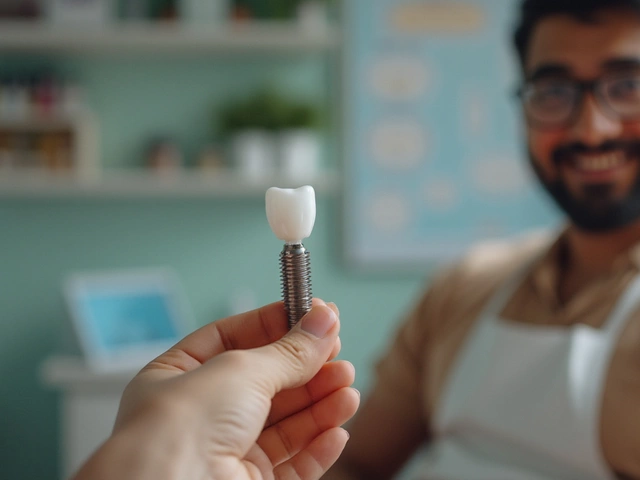Age Considerations: Essential Health Tips for Every Age Group
When it comes to staying healthy, your age changes what you should pay attention to. A 20‑year‑old, a 50‑year‑old, and an 80‑year‑old all face different risks, and the right habits differ too. Below we break down the most important things to keep in mind at each life stage, so you can make simple changes that matter.
Young Adults (18‑35): Build a Strong Foundation
In your teens and twenties, the body heals quickly, but bad habits can set you up for problems later. Focus on regular exercise, balanced meals, and getting enough sleep. Even a short walk or a quick home‑cooked meal can lower future heart and joint issues. Keep an eye on mental health – stress, social media, and alcohol can affect sleep and mood. A yearly check‑up is a good habit; it catches things like high blood pressure before they become serious.
Mid‑Life (36‑60): Prevent, Manage, and Adapt
As you hit your 40s and 50s, metabolism slows and the risk of chronic conditions rises. Schedule screenings for cholesterol, blood sugar, and cancer according to your doctor’s advice. Strength training becomes crucial to keep muscles and bones strong, especially if you spend a lot of time at a desk. Adjust your diet: add more fiber, lean protein, and omega‑3 fats, while cutting back on sugary drinks and processed snacks. If you have a condition like arthritis or diabetes, work with a specialist to tailor medication and lifestyle tweaks.
When you’re approaching retirement, think about bone health. Calcium‑rich foods, vitamin D, and weight‑bearing activities help prevent osteoporosis. Also, start planning for any needed home modifications – grab bars, non‑slip mats, and good lighting can keep you safe as mobility changes.
Older Adults (61+): Stay Safe and Independent
For seniors, the goal shifts to maintaining independence and avoiding falls. Simple steps like wearing supportive shoes, keeping pathways clear, and doing balance exercises can make a big difference. Regular eye and hearing checks are important because sensory loss can lead to accidents. Medications often increase with age; ask your pharmacist to review them for possible interactions.
Nutrition needs may change, too. Smaller, nutrient‑dense meals help if appetite drops. Hydration is key – many older adults forget to drink enough water. Finally, stay socially active. Visiting friends, joining community groups, or volunteering can boost mental health and keep you engaged.
Remember, age is just one factor in your health. Listening to your body, staying proactive with check‑ups, and making small, consistent lifestyle tweaks can improve quality of life at any stage. If you’re unsure where to start, talk to your primary care doctor – they can help map out a plan that fits your age, goals, and any existing conditions.
Keep this page handy and revisit it as new health guidelines appear.

